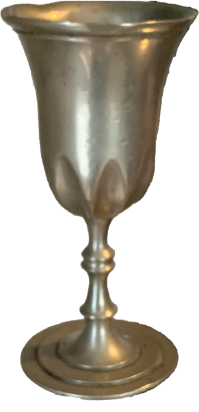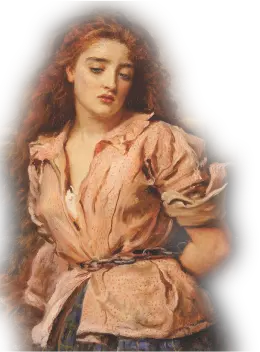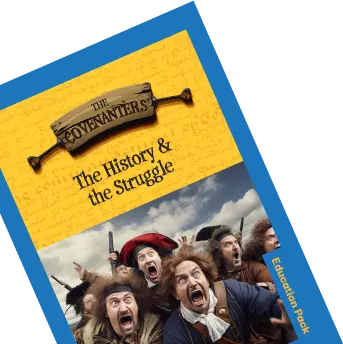

The term “conventicle” refers to a small, secret assembly, and during the Killing Times, these gatherings were essential for the Covenanters, who sought to worship according to their Presbyterian beliefs without interference from the state. The Stuart kings, particularly Charles II and James VII, had imposed strict regulations that required all Scottish subjects to attend services conducted by Episcopalian clergy. Those who refused, the Covenanters, faced fines, imprisonment, and even execution. In response, the Covenanters took to meeting in remote, often outdoor locations such as moors, glens, and forests to avoid detection by government forces.
At a conventicle, a minister, often a fugitive himself, would lead the congregation in prayer, preach sermons, and administer sacraments like communion and baptism. These services were characterized by their fervent and impassioned nature, as the participants were fully aware of the dangers they faced. The gatherings could range in size from small groups of a few families to larger assemblies of several hundred people, depending on the location and the level of risk involved.
Conventicles were not only acts of religious worship but also served as vital hubs for community support and solidarity among the Covenanters. They provided a space for the exchange of news, encouragement, and the sharing of resources. This sense of community was crucial, as many Covenanters faced social and economic ostracism due to their nonconformity.
The government’s response to conventicles was harsh and unrelenting. Authorities deployed soldiers and informants to hunt down these illegal gatherings, often resulting in violent confrontations. Notable incidents, such as the Battle of Drumclog in 1679, where a conventicle was ambushed, illustrate the brutal measures taken to suppress these assemblies. Despite this, the resilience of the Covenanters was remarkable. They continued to hold conventicles, adapting their strategies to avoid capture, and even going so far as to post lookouts and organize armed guards.

Find out more about our outreach packs and programmes

Add in some of your details below to sign our digital visitor book and keep in touch with us
Lochgoin Covenanters’ Museum is open from
9:am – 5:30 pm Monday – Sunday
Lochgoin Farm
Fenwick, East Ayrshire
KA3 6EX
info@lochgoin.org